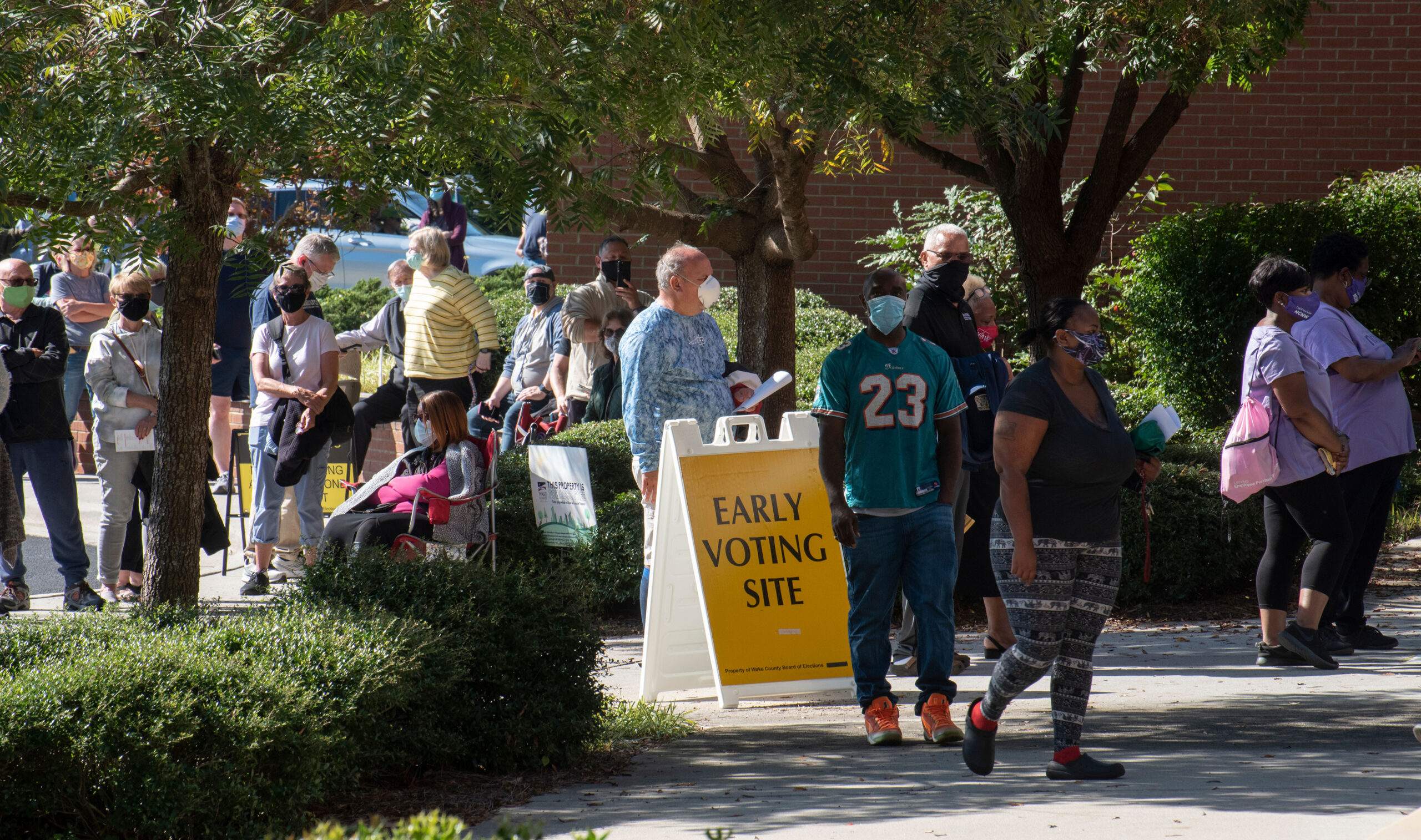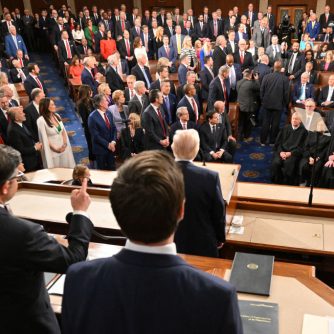In a recent episode of “Carolina Newsmakers,” host Don Curtis converses with Bob Phillips, the executive director of Common Cause North Carolina, an advocacy group dedicated to promoting transparency, accountability, and fairness in government. The episode delves into various pressing issues, including redistricting, voter engagement, the influence of big money in politics, and the potential threats posed by artificial intelligence in the election process.
Episode timeline
Introduction to Common Cause North Carolina
Bob Phillips begins by providing an overview of Common Cause North Carolina, a nonpartisan organization focused on fostering a more open and honest government. Founded in 1970, Common Cause operates through state chapters, including the North Carolina branch established in 1973. The organization is funded by individual donors and foundations, ensuring it remains independent and unbiased in its mission to advocate for democratic reforms and voter rights.
Redistricting and Gerrymandering
One of the core topics of discussion is the ongoing issue of redistricting in North Carolina. Phillips explains that despite numerous redraws of legislative and congressional maps, the state continues to face legal challenges over racial gerrymandering. Common Cause North Carolina is involved in at least one of the four pending lawsuits challenging the current maps. Phillips emphasizes the legitimacy of these racial gerrymandering claims, which argue that minority voting power is being diluted through practices like “cracking” and “packing.”
Impact of Demographic Changes
Phillips also touches on the growing Hispanic and Asian populations in North Carolina and their potential impact on future redistricting efforts. While the Hispanic population is rapidly increasing, it has not yet reached the same voting power as the African American population. However, Phillips notes that the voting share of Hispanic and Asian communities has been rising, which could lead to new challenges and opportunities in ensuring fair representation for all minority groups.
Artificial Intelligence and Election Security
A significant portion of the conversation revolves around the emerging threat of artificial intelligence (AI) in elections. Phillips describes AI’s potential to create “deepfakes,” realistic but false audio or video recordings that can mislead voters and disrupt the democratic process. He cites recent legislative efforts in North Carolina to address the transparency and regulation of AI in campaign advertisements. The bipartisan concern over AI underscores its potential danger in undermining voter trust and election integrity.
Challenges of Being a Purple State
North Carolina’s status as a “purple state,” with a nearly even split between conservative and liberal voters, presents unique challenges and opportunities. Phillips discusses the high levels of political engagement and the influx of outside money that comes with being a battleground state. While this attention can energize voters, it also leads to an increase in negative campaigning and misinformation. Phillips stresses the importance of nonpartisan voter guides, like those produced by Common Cause, to help voters make informed decisions despite the noise of contentious campaigns.
Transparency and Big Money in Politics
Phillips is candid about the influence of big money in politics, particularly following the Citizens United Supreme Court decision, which allowed unlimited spending by corporations and unions through super PACs. He highlights the challenge of ensuring transparency and accountability in political donations and the need for reforms to reduce the outsized influence of wealthy donors on elections. Public financing of campaigns, which was experimented with in North Carolina, is one potential solution Phillips advocates for, to level the playing field for all candidates.
Civic Education and Engagement
A recurring theme in Phillips’ discussion is the critical need for civic education and engagement. He argues that a robust understanding of democratic processes and active participation in politics are essential for a healthy democracy. Phillips points to the decline in trust in traditional news sources and the rise of partisan media as factors that contribute to political polarization and voter disengagement. Enhancing civic education, particularly among young people, is vital to counteract these trends and encourage informed and active citizenship.
Conclusion
Bob Phillips’ insights on “Carolina Newsmakers” highlight the complex interplay of legal, demographic, and technological factors shaping North Carolina’s political landscape. His call for increased transparency, fairer redistricting processes, regulation of AI in elections, and enhanced civic education provides a roadmap for addressing the challenges facing democracy today. As North Carolina continues to navigate these issues, organizations like Common Cause play a crucial role in advocating for the principles of open and accountable governance.





